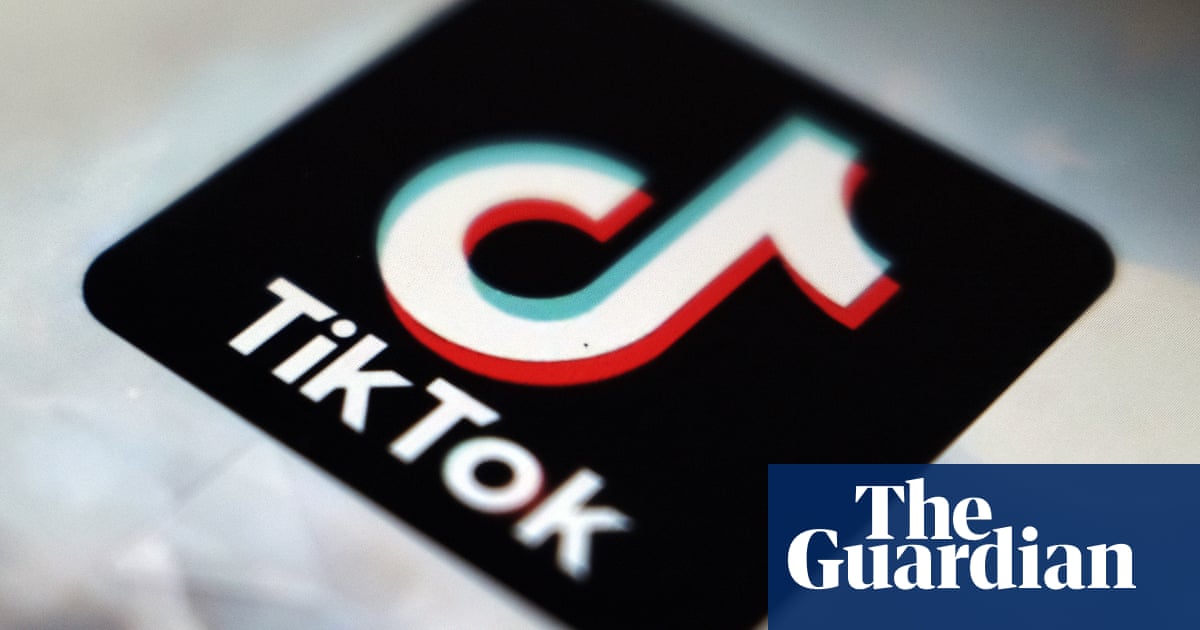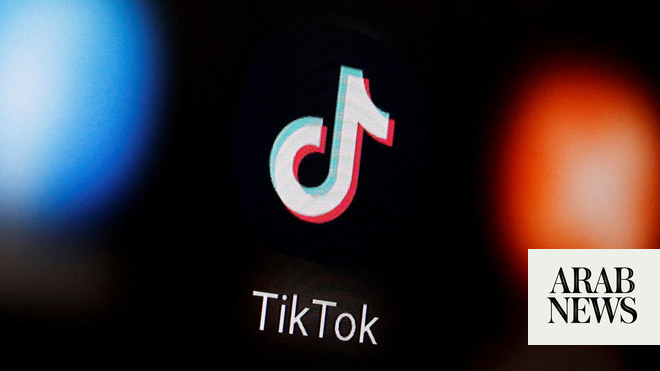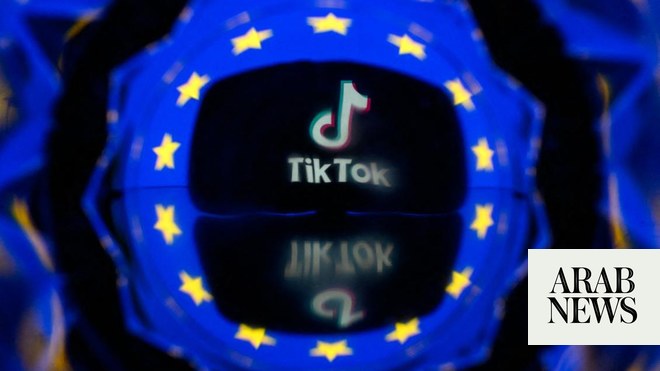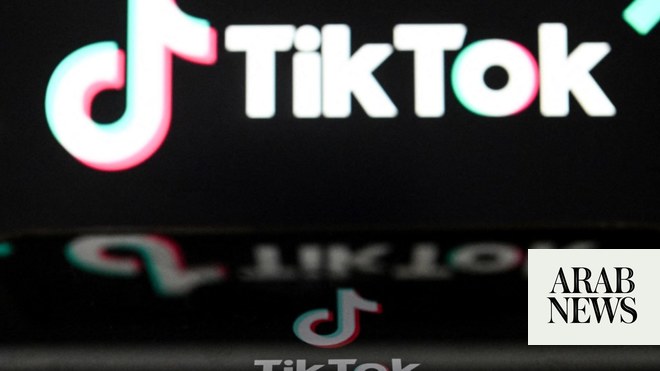
The EU has launched a formal investigation into whether TikTok has broken online content rules including the safeguarding of children.
The European Commission said it had opened official proceedings against the Chinese-owned short video platform over potential breaches of the Digital Services Act (DSA).
It said the investigation was looking at areas including protection of minors, maintaining records of its advertising content and whether its algorithms led users down damaging content “rabbit holes”.
Thierry Breton, the EU’s commissioner for internal market, said the protection of children was a “top enforcement priority” under the DSA. The investigation into child safety on TikTok includes age verification – an issue highlighted by a Guardian investigation into the platform last year – and the default privacy settings used for children’s accounts.
“As a platform that reaches millions of children and teenagers, TikTok must fully comply with the DSA and has a particular role to play in the protection of minors online,” Breton said. “We are launching this formal infringement proceeding today to ensure that proportionate action is taken to protect the physical and emotional wellbeing of young Europeans. We must spare no effort to protect our children.”
Last April, the Irish data watchdog fined TikTok €345m (£295m) for breaches of EU data law in the platform’s handling of children’s accounts. In the same month, the UK information commissioner fined the company £12.7m for illegally processing the data of children aged under 13 who were beneath the minimum age for using TikTok.
Companies that breach the DSA face the threat of fines of up to 6% of their global turnover. TikTok is owned by the Chinese tech company ByteDance.
TikTok said it would continue to work with experts and the industry to keep young people on its platform safe and that it looked forward to explaining this work in detail to the European Commission.
“TikTok has pioneered features and settings to protect teens and keep under-13s off the platform, issues the whole industry is grappling with,” a spokesperson for the company said.
The commission is also looking at “suspected shortcomings” in TikTok’s provision of publicly accessible data to researchers, alongside whether the company had complied with requirements to establish a database of ads that have appeared on the platform.
No deadline has been set for the investigation. Brussels has said the inquiry depends on several factors including the complexity of the case and the extent to which the company under investigation cooperates.
The scrutiny of TikTok marks the second DSA inquiry, after Elon Musk’s social media platform X, formerly known as Twitter, became the subject of a formal investigation by Brussels in December last year. The proceedings against X are focusing on areas including failure to block illegal content and inadequate measures against disinformation.
Apple is reportedly facing abig fine from the EU over its behaviour in the music streaming app market. The European Commission is investigating whether the US tech company blocked music streamers from telling users about cheaper ways to subscribe outside its app store.
According to the Financial Times, Brussels plans to impose a fine of €500m, which would represent a landmark decision against Apple after years of complaints from companies whose services are delivered via iPhone apps.
The commission declined to comment. Apple did not provide a fresh comment, but pointed to a previous statement that said the company would respond to the commission’s concerns “while promoting competition and choice for European consumers”.
Apple has never faced a competition fine from the European Commission, although it received a €1.1bn fine from France in 2020 – subsequently revised down to about €370m on appeal – for anti-competitive agreements with two wholesalers.
However, Apple and other big tech companies are under increasing scrutiny because of competition concerns. Google is appealing against fines of more than €8bn levied by the EU in three separate competition investigations.
Apple defeated a lawsuit by the Fortnite developer, Epic Games, that claimed that the app store was an illegal monopoly. Epic in December won a similar case against Google, which operates the Android mobile phone software.
Last month, Apple said it would allow EU customers to download apps without going through its own app store, a response to the bloc’s Digital Markets Act. The law introduces new obligations for digital “gatekeepers” including Amazon, Microsoft, Apple and Google.












